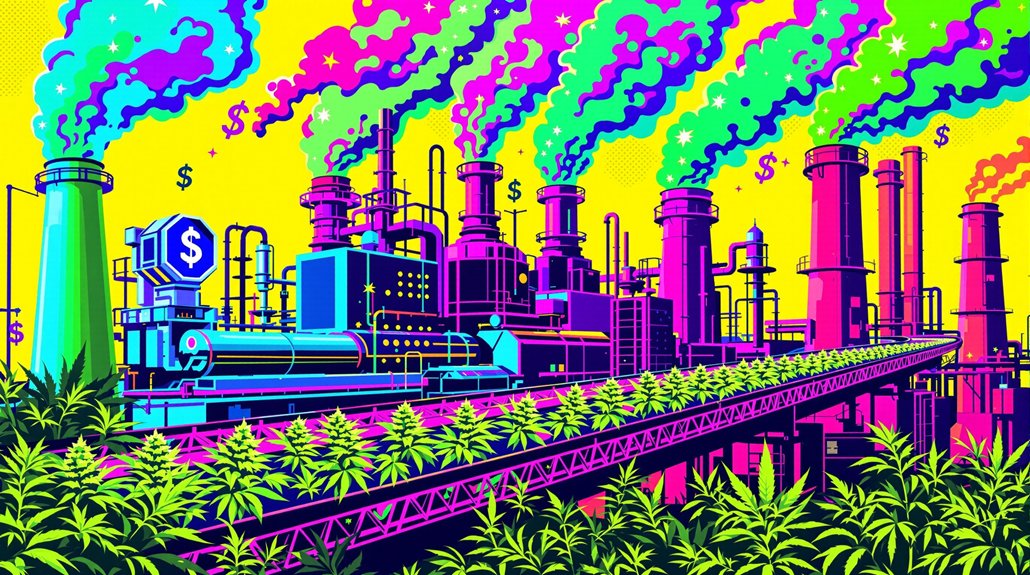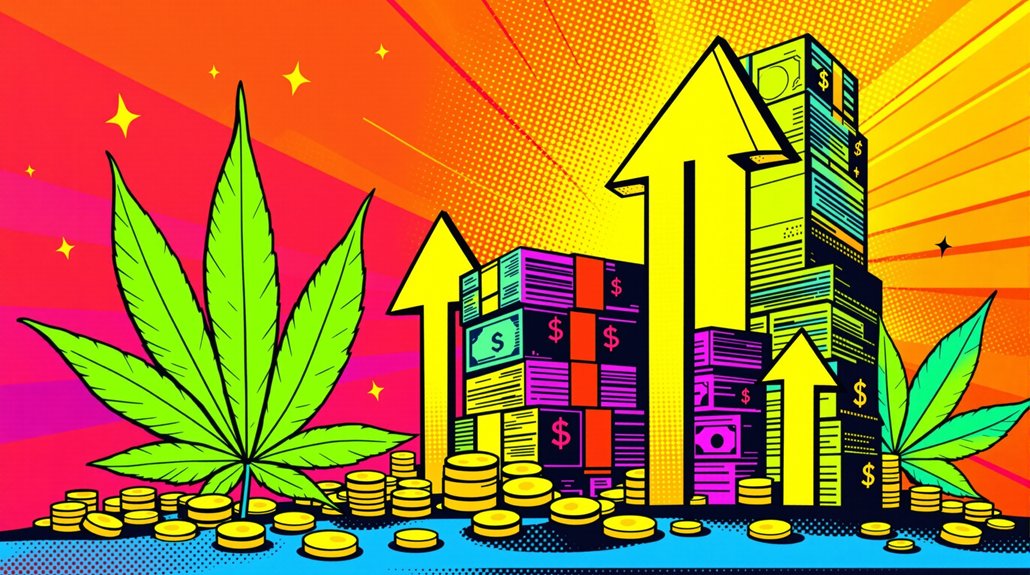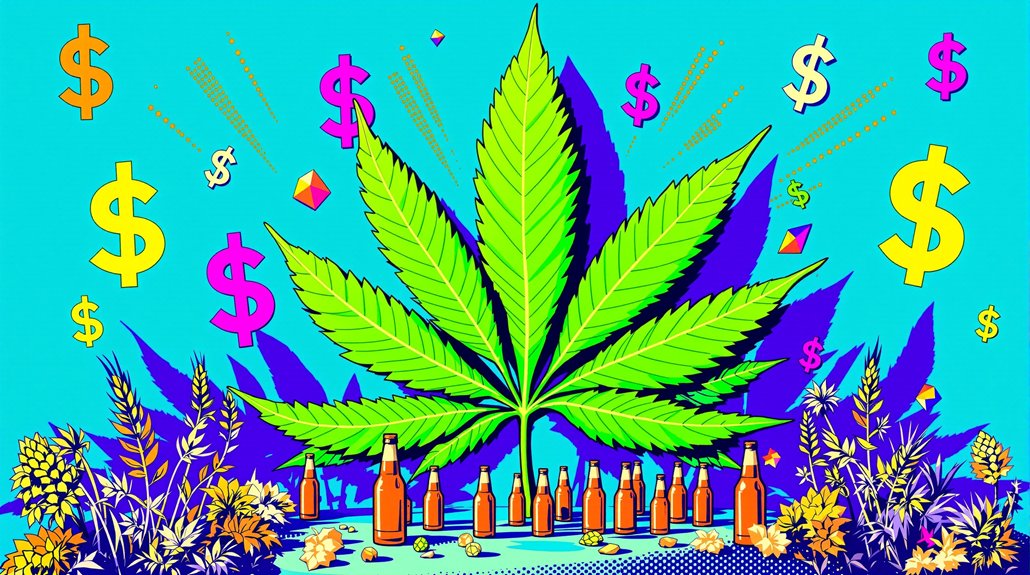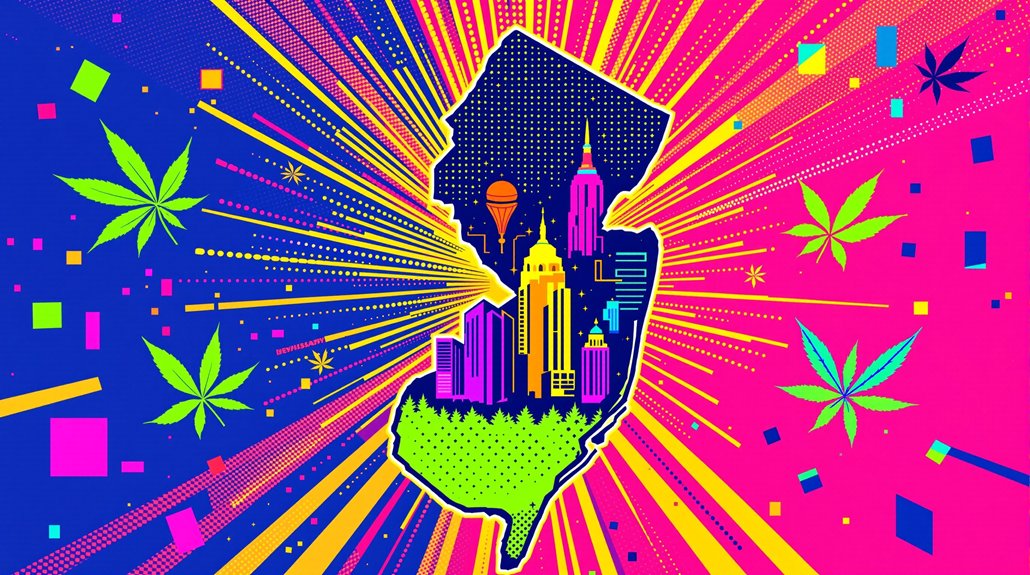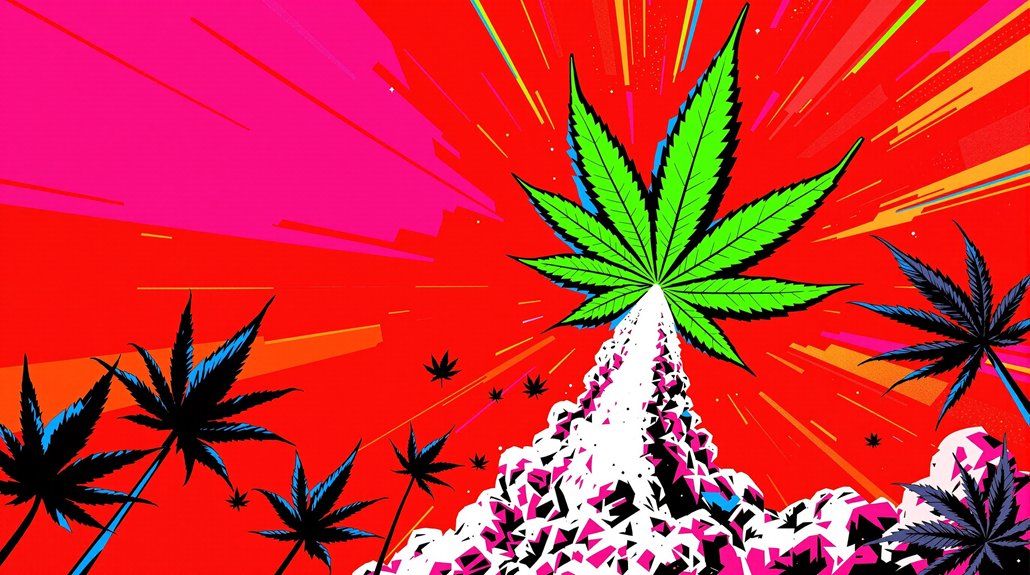As cannabis beverages surge from a $1.16 billion global market in 2023 toward projections reaching as high as $117 billion by 2032, traditional alcohol companies are scrambling to defend territory they’ve dominated for centuries. The cannabis drink revolution isn’t just knocking on alcohol’s door, it’s already inside, raiding the liquor cabinet.
Multiple industry forecasts paint a picture of explosive growth, with compound annual growth rates ranging from 16.3% to an astounding 57.5%. North America leads this charge, commanding a 21.14% market share in 2023, while the U.S. market alone could balloon to $81.44 billion by 2032. These aren’t wishful thinking numbers from cannabis enthusiasts, it represents a fundamental shift in consumer preferences.
The threat to alcohol sales stems from changing demographics and health consciousness. Millennials and Gen Z consumers increasingly view cannabis beverages as healthier alternatives to traditional alcohol, seeking low-sugar, precisely dosed products that deliver functional wellness benefits without hangovers. This demographic gravitates toward discreet consumption methods, making beverages particularly appealing over traditional smoking or vaping. New product developers are keenly focused on precise dosing when formulating cannabis beverages, ensuring consumers can reliably predict their experience.
Millennials and Gen Z are ditching hangovers for precisely dosed cannabis beverages that deliver wellness benefits without alcohol’s downsides.
Cannabis drinks captured $54.6 million in U.S. sales during Q1 2025, representing a 15% year-over-year increase and claiming 0.9% of total cannabis sales. While beverages currently rank fourth among edible categories behind candy, chocolates, and pills, their trajectory suggests rapid ascension through the ranks.
Alcohol giants aren’t sitting idle while their market share evaporates like morning mist. Major beverage companies are pivoting into cannabis territory and launching strategic acquisitions.
The regulatory landscape continues reshaping market dynamics as expanding legalization for medical and recreational cannabis opens new territories. Recent policy changes have reduced social stigma while enabling wider product launches, though regulatory complexity and inconsistent standardization still create operational headaches for producers. The non-alcoholic segment dominates consumer preferences, capturing 67.9% of the market share in 2025 as health-conscious consumers increasingly avoid alcohol entirely.
Cannabis beverages particularly threaten beer and spirits segments, where young consumers traditionally formed the growth engine. Reports indicate potential cannibalization is already underway, with cannabis drinks stealing market share from traditional alcohol categories. The wellness positioning of cannabis beverages resonates strongly with health-conscious consumers seeking alternatives to alcohol’s well-documented negative effects. Online channels are revolutionizing procurement by offering broader selections and competitive pricing that simplify purchase decisions for consumers exploring cannabis alternatives to alcohol.
As beginners prefer regulated, controlled dosing over unpredictable traditional consumption methods, cannabis beverages offer an accessible entry point that alcohol companies recognize as genuinely disruptive. The question isn’t whether cannabis drinks will impact alcohol sales, it’s how dramatically they’ll reshape the entire beverage industry landscape.

